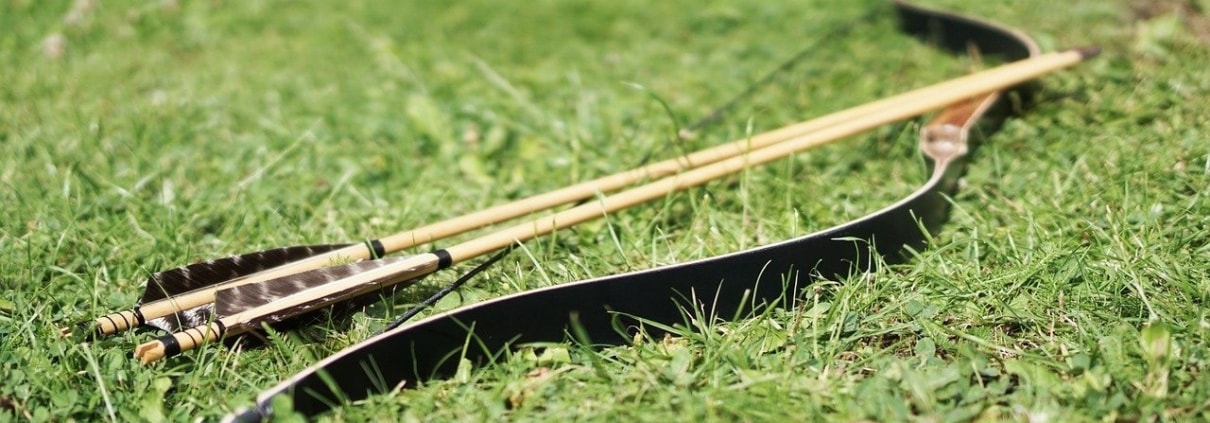What Were the Rites Of Dividing Arrows Among Pagan Arabs?
Question: What were the dividing arrow rites that the pagan Arabs used to observe with Hubal?
Answer:
Wa alaykum assalam wa rahmatullahi wa barakatuh,
Dear questioner,
Thank you for your important question.
The great historian Ibn al-Kalbi (d. 204 AH) describes these rites in his book, The Book of Idols (Kitab al-Asnam). He says:
The Quraysh had also several idols in and around the Ka’bah. The greatest of these was Hubal. It was, as I was told, of red agate, in the form of a man with the right hand broken off. It came into the possession of the Quraysh
in this condition, and they, therefore, made for it a hand of gold. The first to set it up [for worship] was Khuzaymah ibn-Mudrikah ibn-al-Ya’s’[59] ibn-Mudar[60]. Consequently it used to be called Khuzaymah’s Hubal.It stood inside the Ka’bah. In front of it were seven divination arrows (sing. qidh, pl. qidah or aqduh). On one of these arrows was written “pure” (sarih), and on another “consociated alien” (mulsag). Whenever the lineage of a new-born was doubted, they would offer a sacrifice to it [Hubal] and then shuffle the arrows and throw them. If the arrows showed the word “pure,” the child would be declared legitimate and the tribe would accept him. If, however, the arrows showed the words “consociated alien,” the child would be declared illegitimate and the tribe would reject him. The third arrow was for divination concerning the dead, while the fourth was for divination concerning marriage. The purpose of the three remaining arrows has not been explained. Whenever they disagreed concerning
something, or purposed to embark upon a journey, or undertake some project, they would proceed to it [Hubal] and shuffle the divination arrows before it. Whatever result they obtained they would follow and do accordingly.It was before [Hubal] that ‘Abd-al-Muttalib[61] shuffled the divination arrows [in order to find out which of his ten children he should sacrifice in fulfilment of a vow he had sworn], and the arrows pointed to his son ‘Abdullah, the father of the Prophet[62]. Hubal was also the same idol which abu-Sufyan ibn-Harb[63] addressed when he emerged victorious after the battle of Uhud[64], saying:
“Hubal, be thou exalted” (i.e. may thy religion triumph);
To which the Prophet replied:
“Allah is more exalted and more majestic.”
I pray this helps.
[Ustadh] Farid Dingle
Ustadh Farid Dingle has completed extensive years of study in the sciences of the Arabic language and the various Islamic Sciences. During his studies, he also earned a CIFE Certificate in Islamic Finance. Over the years he has developed a masterful ability to craft lessons that help non-Arabic speakers gain a deep understanding of the language. He currently teaches courses in the Arabic Language.
